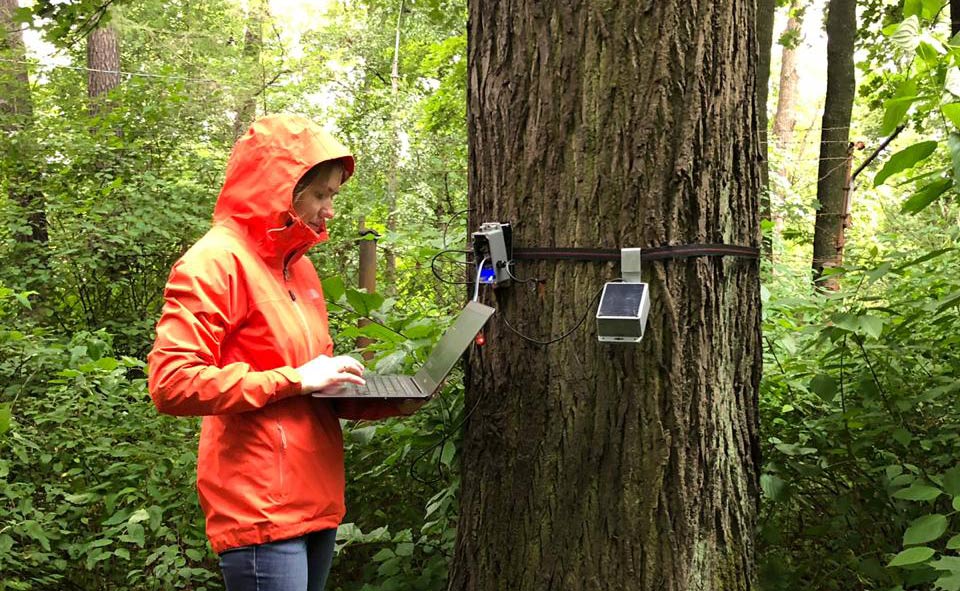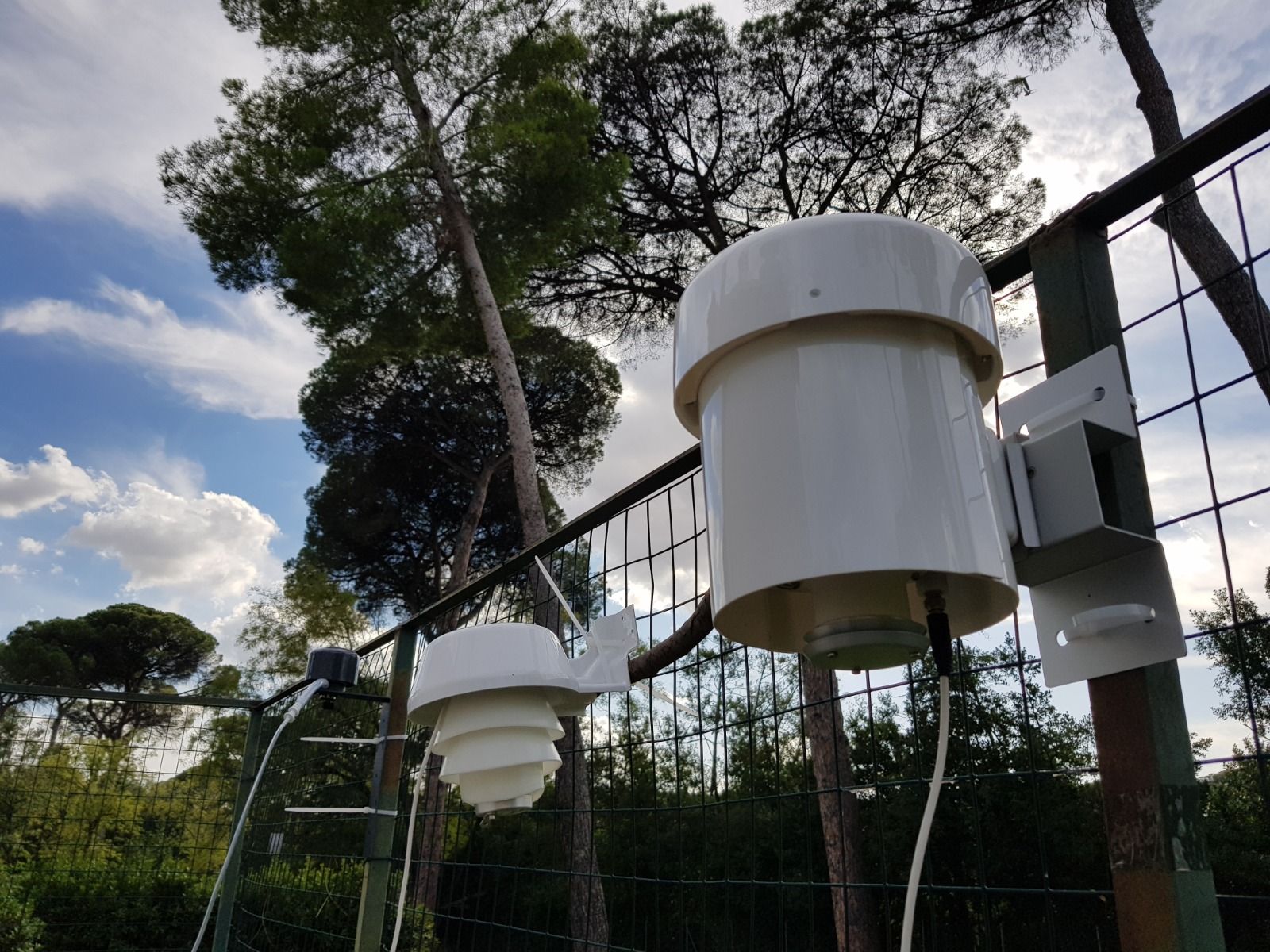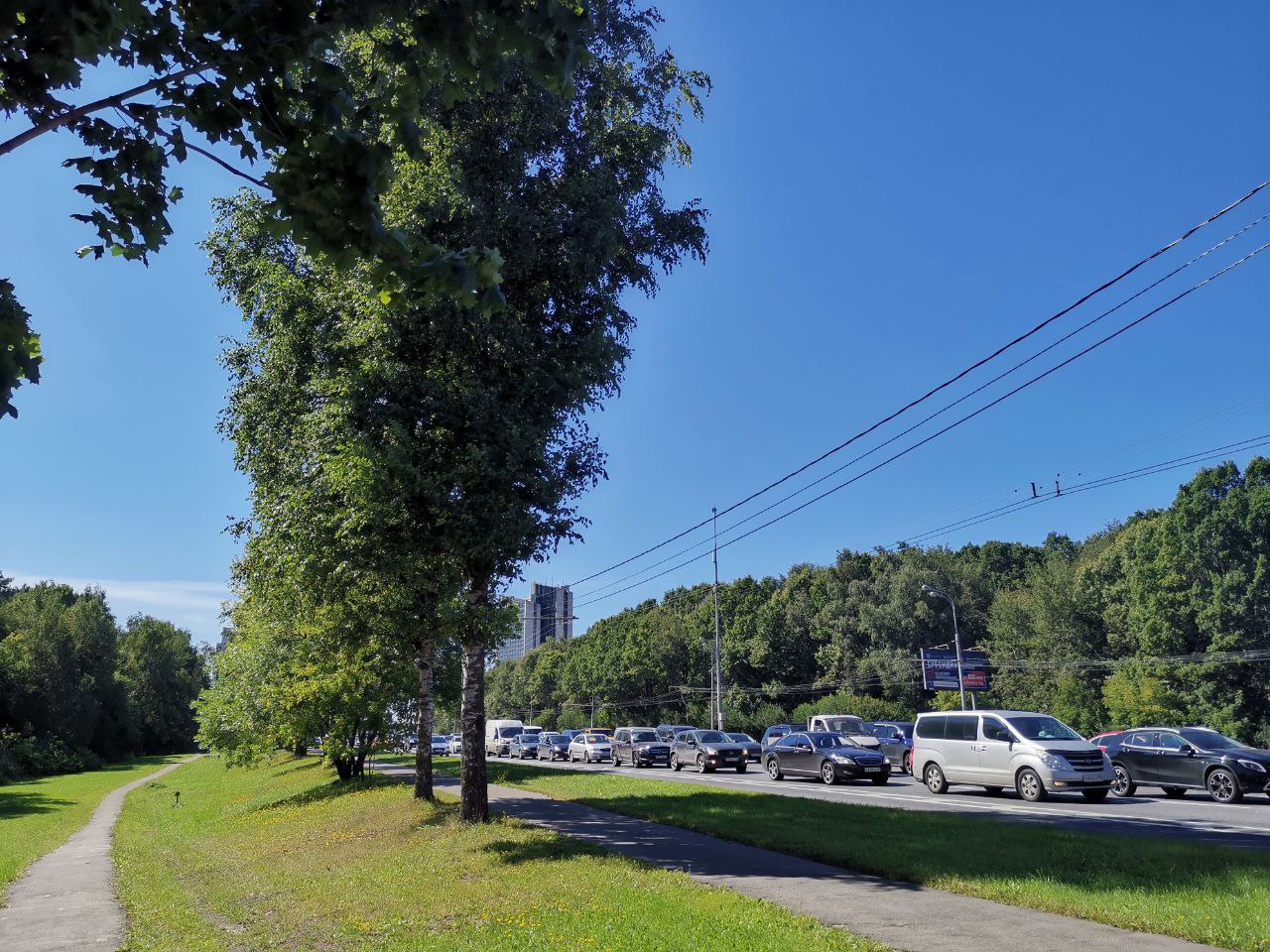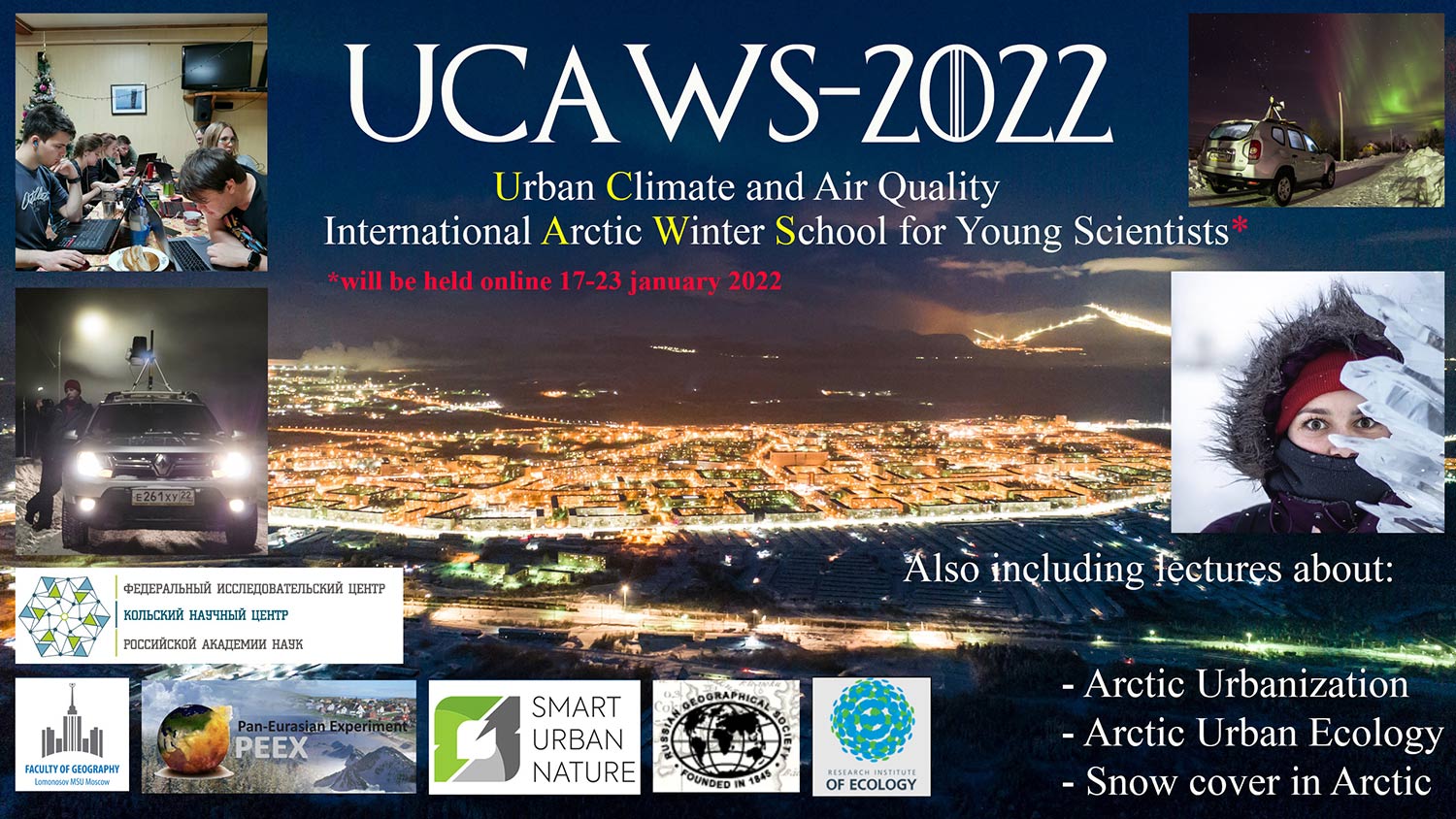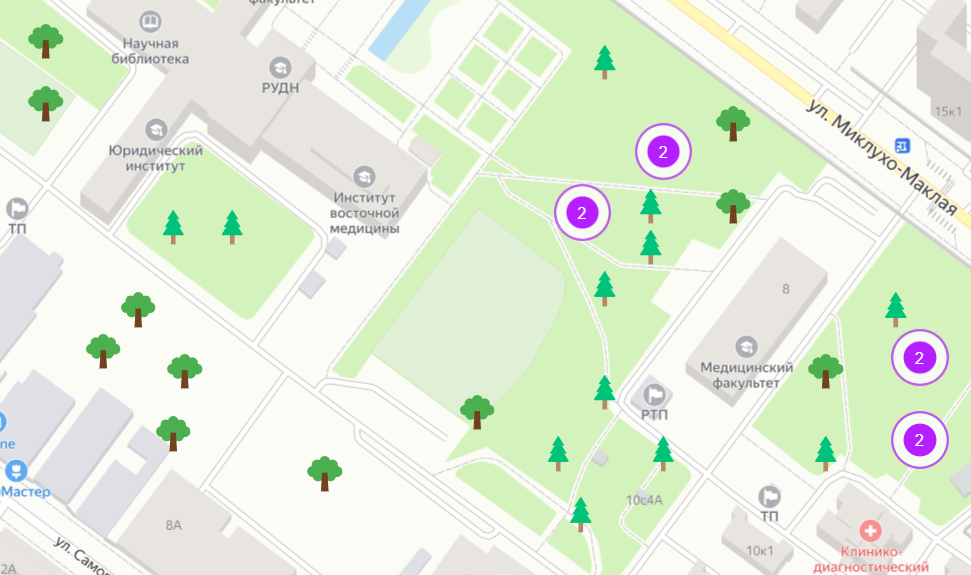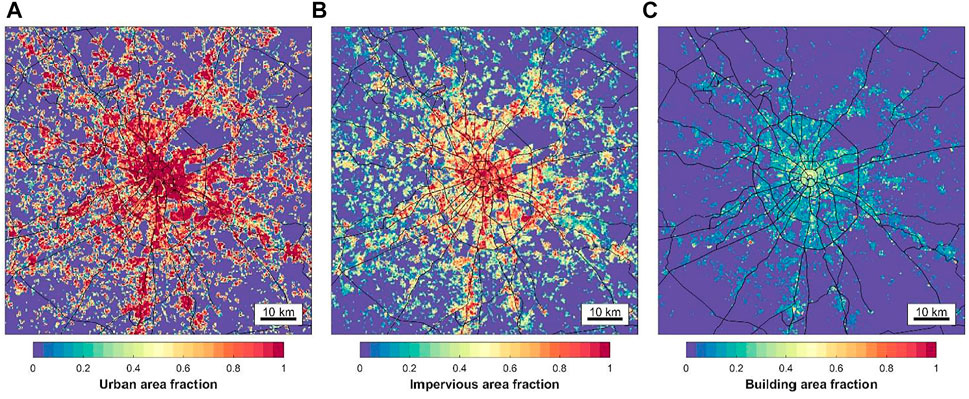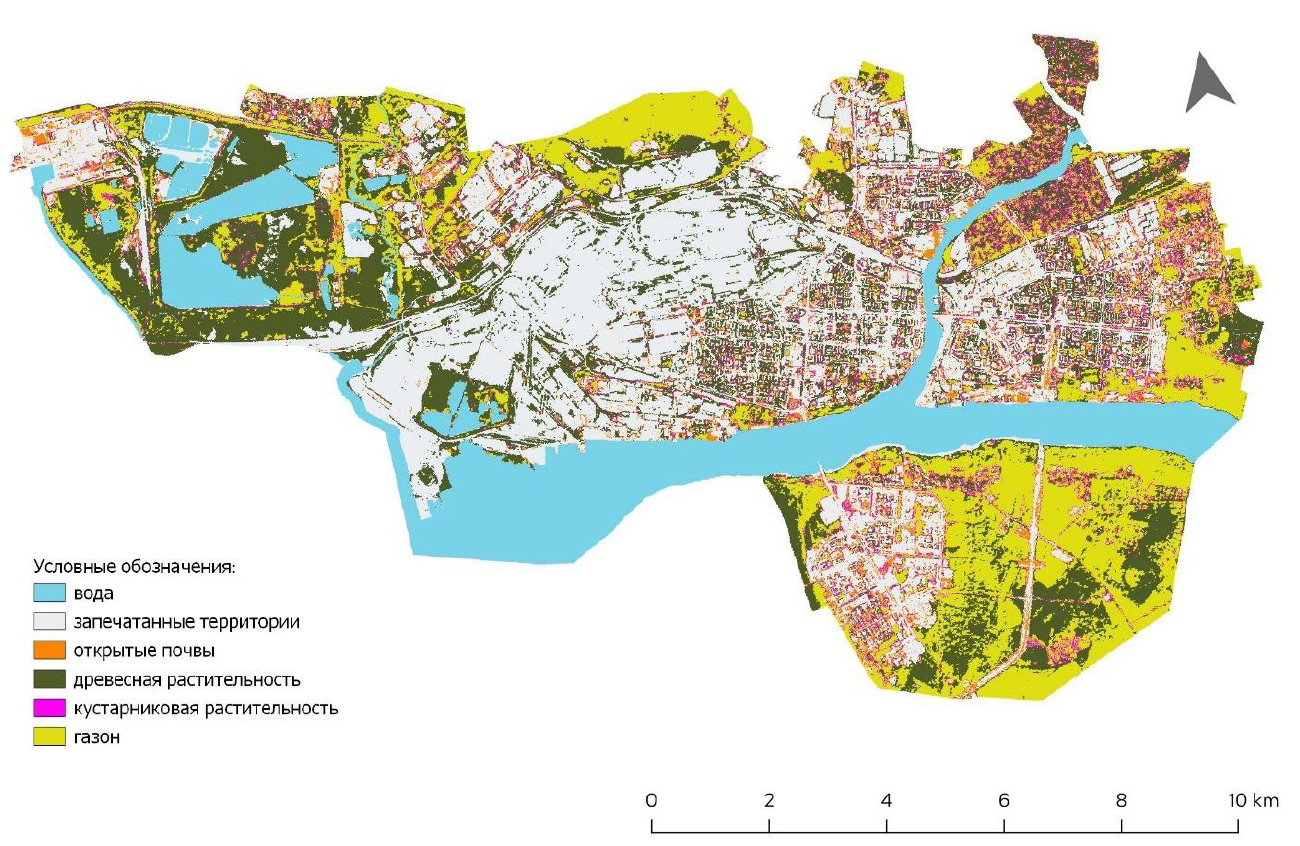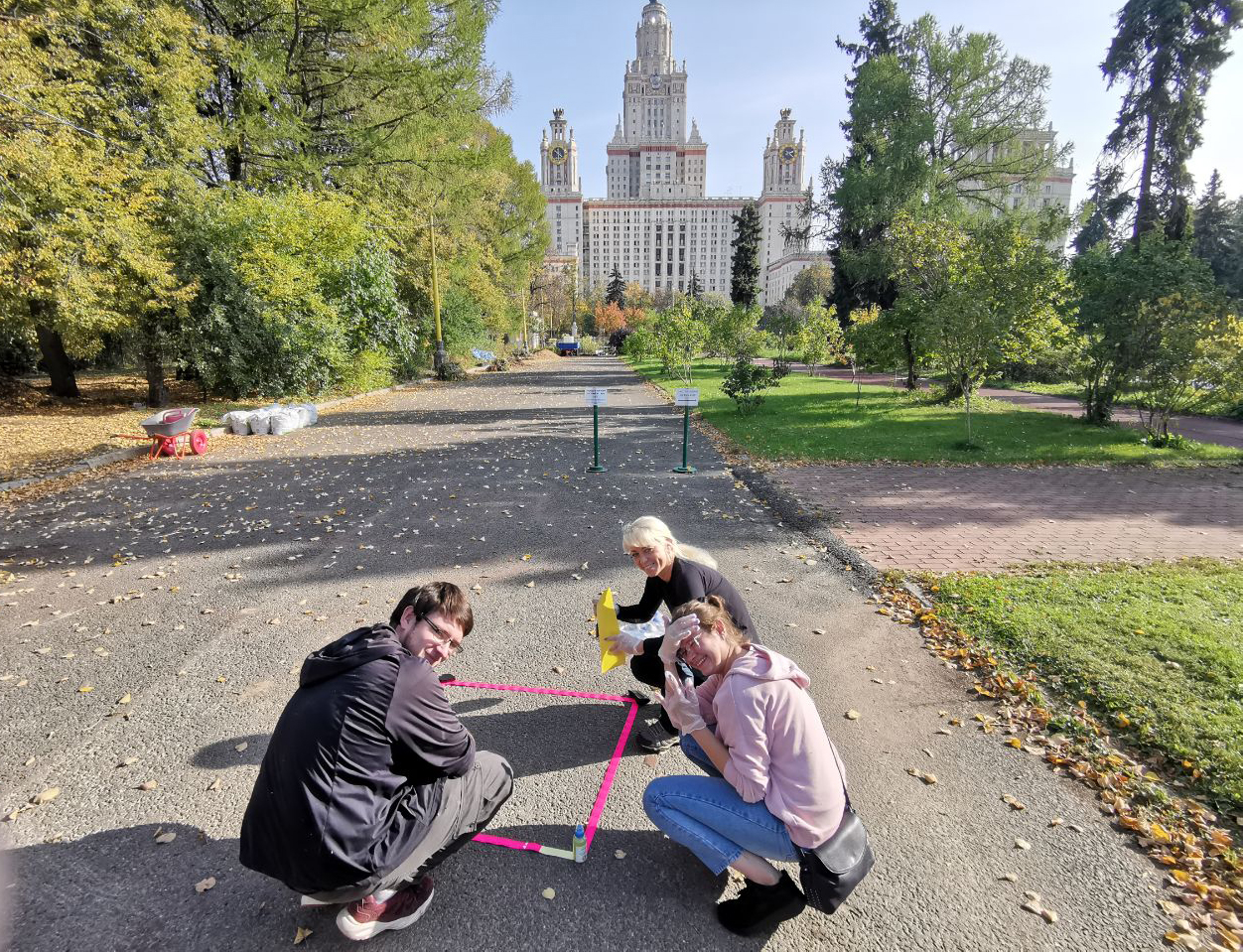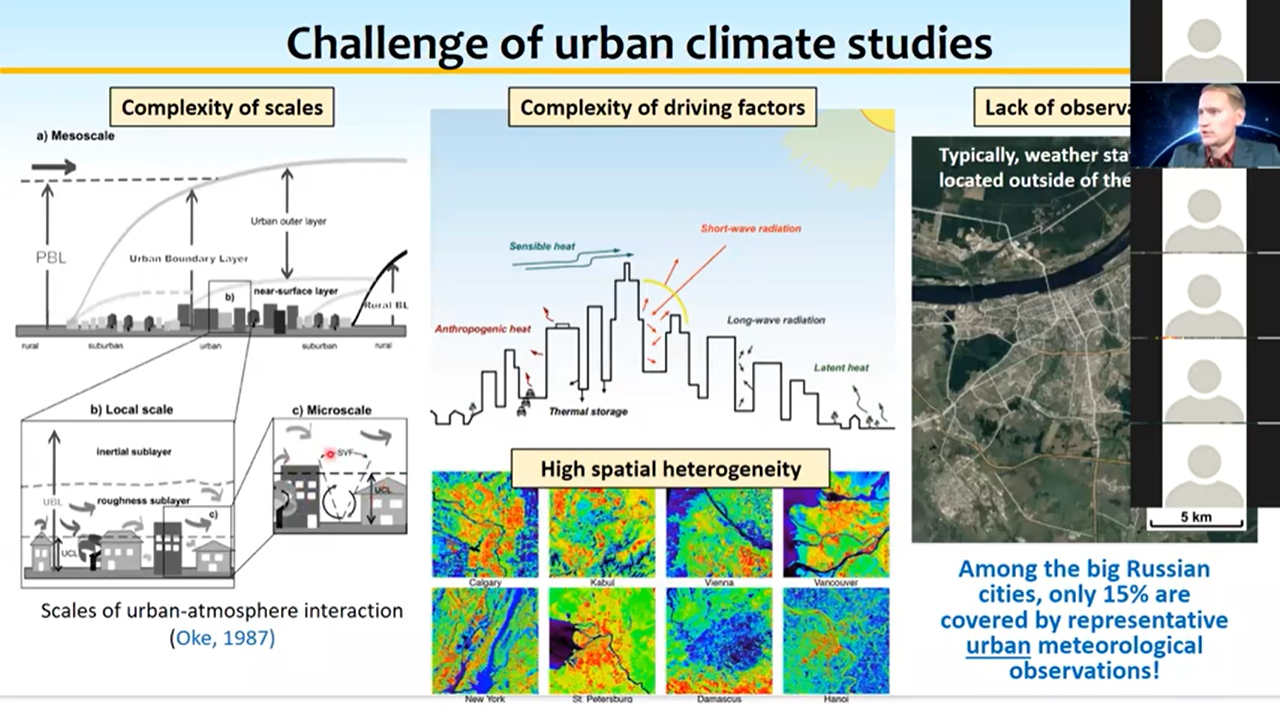The research center “Smart technologies for sustainable development of urban environment under global changes” of RUDN University announces a job opening for a Postdoctoral position within the PhD program “Green Infrastructure & Sustainable Development”.
IoT technologies for ecosystem monitoring: towards a new era in urban ecology
An international scientific seminar “IoT technologies for ecosystem monitoring: towards a new era in urban ecology”, organized by Smart Urban Nature Research Center of Agrarian and Technological Institute of RUDN University will be held on May 11, 2022.
SUN Researchers have found that transport pollution increases the number of microorganisms potentially dangerous to humans on plant leaves
Scientists from the Smart Urban Nature laboratory, in collaboration with colleagues from the Netherlands and Italy, have shown that microbial communities living on the surface of leaves are sensitive to transport pollution. With the approach to highways, the activity of microorganisms increases, their species diversity decreases, and the proportion of conditionally pathogenic forms increases. These changes are associated with an increased concentration of pollutants (mainly Zinc) and microclimatic conditions near the roads: low humidity, high temperature and ultraviolet radiation. It is important to note that the study of plant microorganisms will help assess the ecological state of nature in the city and their possible impact on human health. Article published in Plants (Q1) journal. The research was partly supported by Russian Foundation for Basic Research (RFBR) and Russian Science Foundation (RSF).
SUN Lab scientists took part in organizing international winter school on urban climate
In January 2022, the first experimental international winter school for young scientists “Urban Climate and Air Quality Winter School (UCAWS-2022)” was successfully held at the Khibiny educational and scientific base of Moscow State University in Murmansk region. The school was designed for senior students, masters, graduate students and young scientists under 40 who are interested in the problems of urban climatology, urban air quality, urban studies, urban ecology in relation to the cities of the Eastern and Western Arctic. This topic is extremely promising in recent decades, especially in the light of Russia’s chairmanship of the Arctic Council in 2021–2023.
SUN Lab presented the results of the third year of the SUN project
SUN Lab presented the results of the third year of the project “Smart technologies to monitor, model and evaluate ecosystem services provided by urban green infrastructure and soils to support decision making in sustainable city development under global changes”, supported by a Russian Science Foundation (RSF).
Research in the third year of the project was focused on 3 main objectives:
- monitoring of ecosystem services of urban green infrastructure based on the Smart Urban Nature network;
- interpretation of monitoring data for ecosystem services for various target groups and practical tasks;
- application of the results of monitoring and modeling ecosystem services to support decision-making in the field of sustainable development of the urban environment.
SUN Lab scientist explained how particular hot spots in a city form an urban heat island
SUN lab researcher Mikhail Varentsov in collaboration with Russian and German colleagues explained the patterns of temperature rise in megacities. Scientists from RUDN University, Moscow State University, Moscow Center for Fundamental and Applied Mathematics with colleagues from Ruhr University in Bochum (Germany), Freiburg University (Germany) and Berlin Technical University (Germany) found that not only the alternation of local climatic zones, as previously thought, but also the heterogeneity of the urban environment on a scale of several kilometres make a significant contribution to the formation of an urban heat island on the scale of the entire city. This can be compared to the synergy effect, when the result of the interaction of several factors is more powerful than the sum of the effects caused by the same factors separately.
SUN lab experts made a plan on development of green infrastructure of Cherepovets
The laboratory Smart Urban Nature worked as a consultant to the “Yauza project” bureau, which developed a project for the spatial development of the city of Cherepovets striving for a reasonable balance between the purpose of the object, the needs of people and the environment. Thus, the main goal in developing the concept was to bring nature to the city to create a comfortable living environment. With the proximity of major roads, the impact of the urban heat island, and the increasing number of extreme weather events associated with climate change, the regulatory functions of green infrastructure seem to be the most significant to assess and implement in the city development.
The biological component of microparticles in big cities: SUN Lab is developing research on improving air quality in urban conditions
Airborne fine dust particles (FD) are recognized as one of the most harmful pollutants to human health. The size of fine dust determines their ability to penetrate the human body, and particles less than 10 microns in size are recognized as the most dangerous. At the same time, the causes of FD toxicity are still insufficiently studied. For example, the relationship between mortality from COVID-19 and the concentration of FD in the air was shown. However, it is still not clear whether fine dust is a direct vector carrier of the virus or only exacerbates the susceptibility of the human body to the virus.
SUN Lab’s expert took part in online seminar on supercomputer technologies in climatology
Mikhail Varentsov, an expert from the Smart Urban Nature laboratory, presented the results of numerical modeling and experimental studies in the field of urban meteorology and climatology on the example of the Moscow megacity and Russian Arctic cities. The presentation took place September 23, 2020, on the 33rd Scientific and Educational Seminar on Supercomputer Modeling of the Climate System.
SUN Lab in cooperation with Landscape Engineering Guild assessed ecosystem services for a new residential complex in Moscow
Smart Urban Nature lab together with the Landscape Engineering Guild, has implemented a project to assess ecosystem services for one of Moscow’s residential complexes.
Moscow architectural bureau UTRO, whose specialists developed the concept of improvement for the residential complex “Metropolia”, strove for a reasonable balance between the purpose of the object, the needs of people and the environment. Thus, the main goal in developing the concept was to bring nature to the city center to create a comfortable living environment. With the proximity of major roads, the impact of the urban heat island, and the increasing number of extreme weather events associated with climate change, the regulatory functions of green infrastructure seem to be the most significant.

